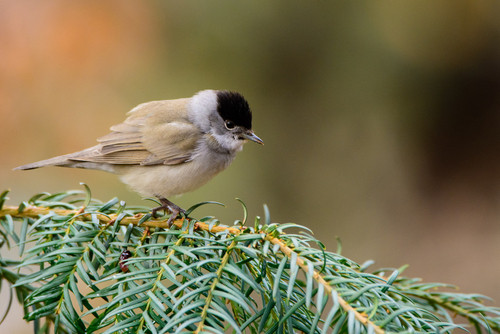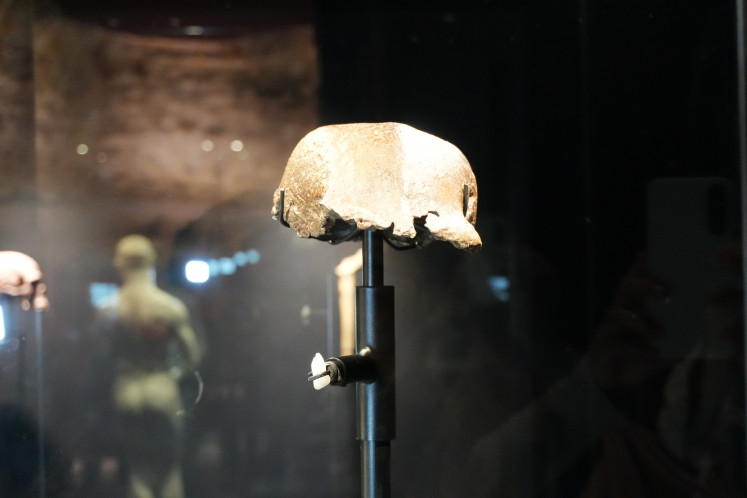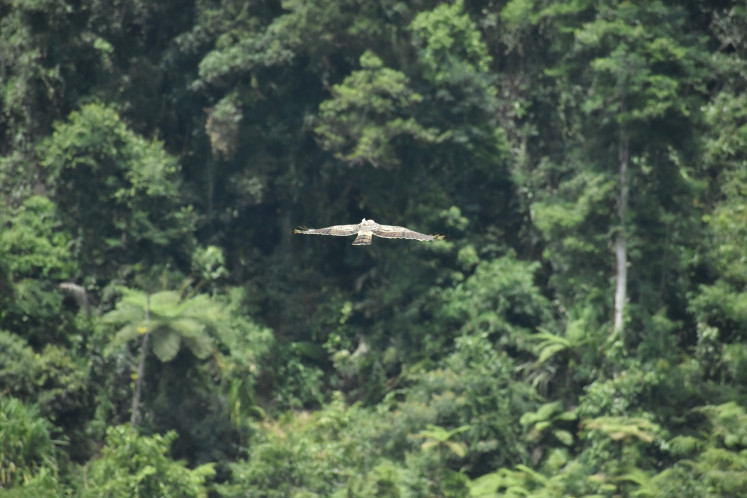Popular Reads
Top Results
Can't find what you're looking for?
View all search resultsPopular Reads
Top Results
Can't find what you're looking for?
View all search resultsMigratory species live fast, die young: Study
Migratory birds and mammals that expend lots of energy traveling long distances to chase food or find a choice nesting spot tend to live fast and die young.
Change text size
Gift Premium Articles
to Anyone
M
igratory birds and mammals that expend lots of energy traveling long distances to chase food or find a choice nesting spot tend to live fast and die young, scientists reported Tuesday.
In a study published in Nature Communications, researchers found that migratory animals have a shorter lifespan than their homebody counterparts.
But they compensate by having more offspring in less time.
Analyzing over 700 birds and 540 mammal species, the study determined that from an evolutionary standpoint, neither strategy is "better" than the other.
"These are just two different ways of solving life's problems," said UK Exeter University professor Stuart Bearhop, an author of the study.
"One way is to live fast and die young, the other way is to live slow" and produce offspring over a longer lifetime.
It balances out, otherwise one group -- migratory or non-migratory species -- would dominate over the other.
"An animal that has a shorter life but produces more offspring ultimately leaves as many copies of itself to reproduce as an animal that has a slower life and produces less offspring," Bearhop said by phone.
Some species can swing both ways.
Blackcaps -- olive-grey warblers with distinctive splashes of black or brown on their heads -- can be either resident or migratory.
Read also: Birds in paradise: Albania's flamingos flourish in virus lockdown
Climate change
The ones that wander afield typically live a shorter life, reach maturity at a younger age and produce more chicks.
Migration can take place in the skies, underwater, or across different landscape.
Climate change could tilt the evolutionary tables against migratory species, which have "to cope with changes in multiple locations, as opposed to just one for residents," said Bearhop, who teaches Animal Ecology.
They travel between their breeding and non-breeding sites in accordance with the seasons, and depend on predictable weather patterns such as winds and ocean currents.
But global warming is disrupting these patterns, through rising temperatures, modified rainfall, and shifts in vegetation.
The Blue Whale travels between tropical calving grounds in winter and high latitude feeding grounds in summer.
As sea temperatures rise, the abundance and distribution of their food -- plankton, fish and squid -- changes, weakening females and increasing the intervals between the birth of offspring, earlier research has shown.
Read also: Should I stay or go? Birds migrate to save energy: Study
Size matters
"Climate change isn't happening evenly and its effects are already showing to be much worse at higher latitudes," Bearhop said.
The Arctic, favored by migratory birds, is one such area.
Scientists expect to see differences in reproductive and survival rates due to climate change.
The study also found that size matters.
"Migrant flyers such birds and bats tend to have smaller body sizes than residents, whereas in migrant walkers and swimmers -- all mammals except bats -- it tends to be larger," the authors said.
Only larger walkers and swimmers can store enough energy to complete long-distance migrations.
Larger birds face energetic problems when forced to use flapping flight, the authors added.
"That's why there are no migratory mice, for example," Bearhop said. "They simply cannot cover the ground in an efficient way."











